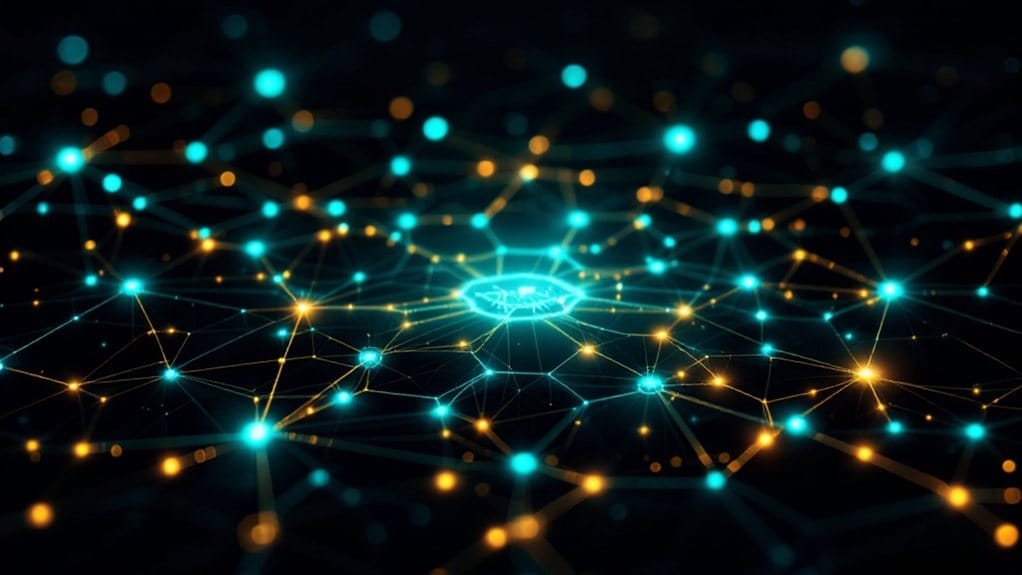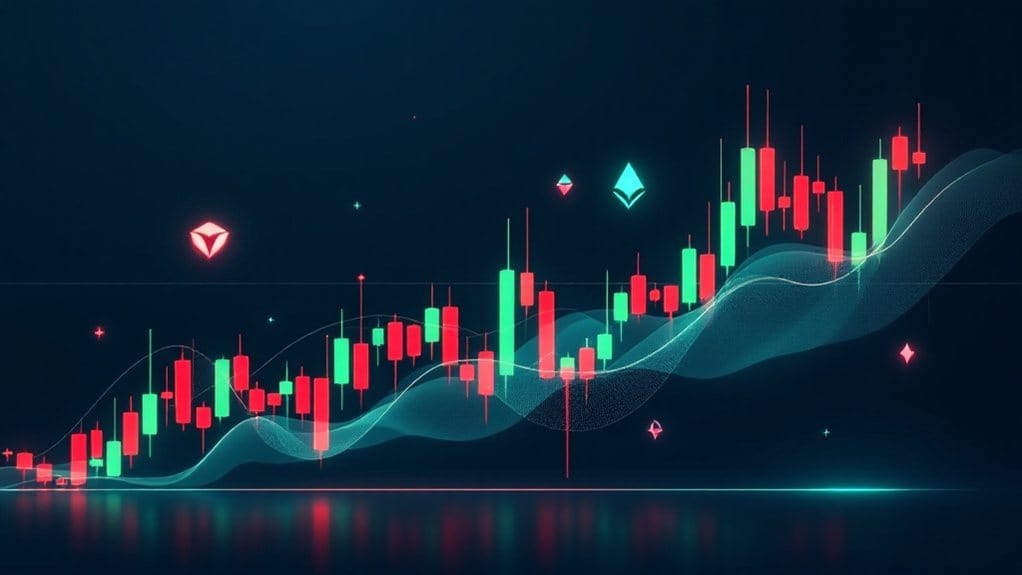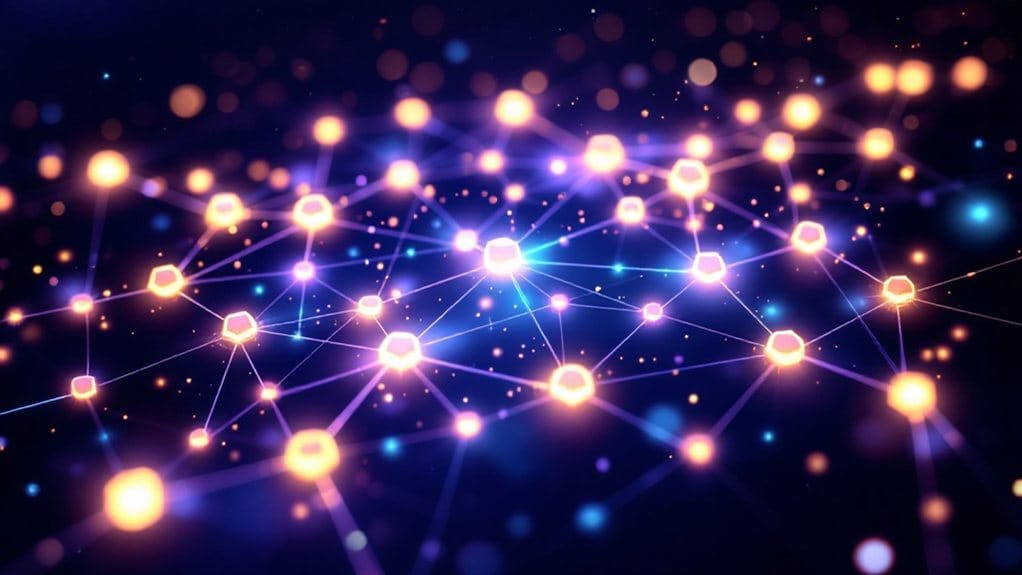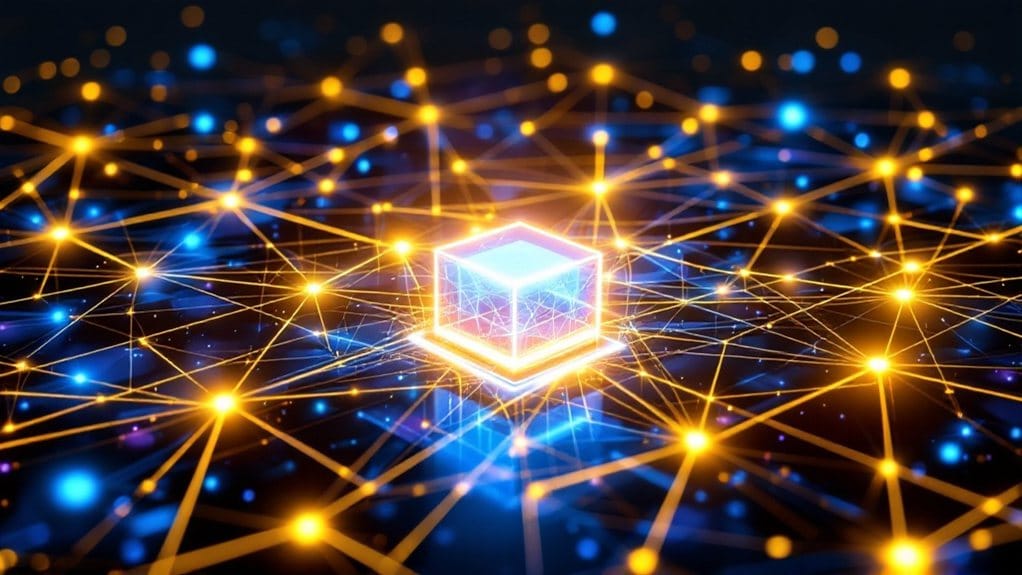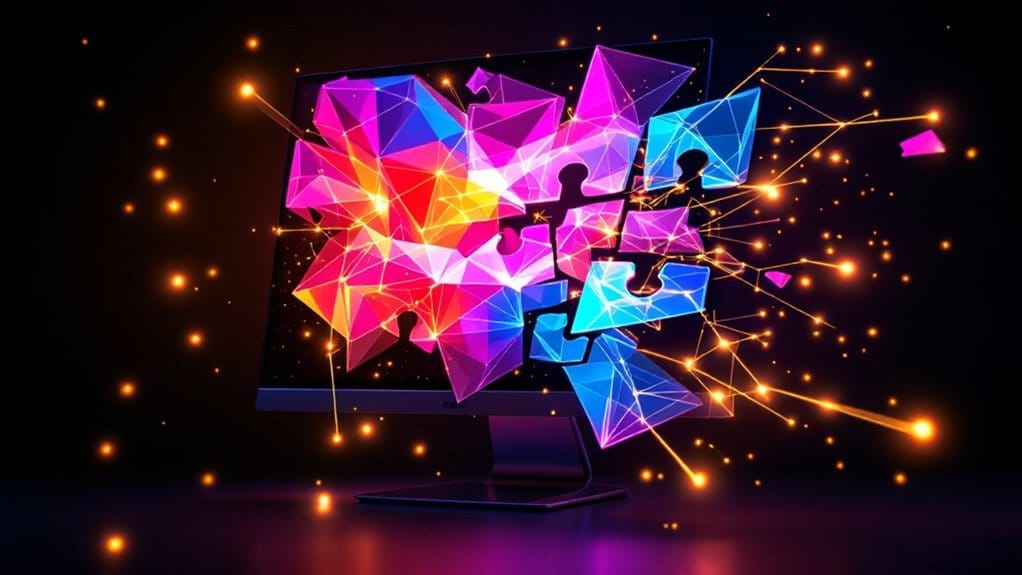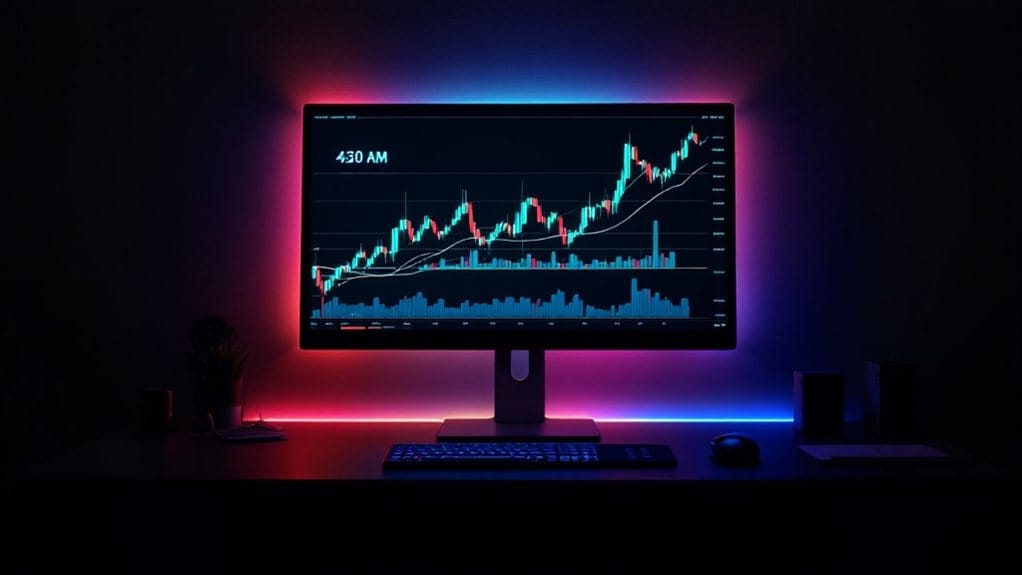A Decentralized Autonomous Organization (DAO) functions as a blockchain-based entity where members collectively make decisions through token-based voting systems. Operating through smart contracts, DAOs eliminate traditional hierarchical structures, enabling transparent governance and automated execution of community decisions. These organizations have demonstrated practical applications across finance, gaming, and social media sectors, with notable examples like MakerDAO managing stablecoin systems. Understanding DAOs reveals the evolving landscape of decentralized collaboration and resource management in the digital economy.
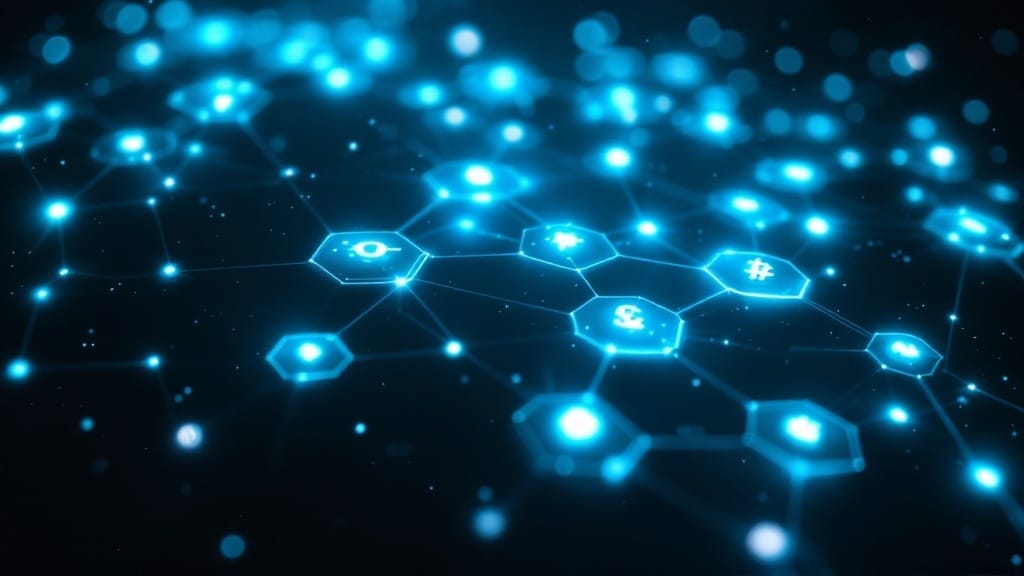
In the rapidly evolving landscape of cryptocurrency and blockchain technology, Decentralized Autonomous Organizations (DAOs) represent a groundbreaking approach to organizational governance and decision-making. Operating on blockchain technology, DAOs function as community-driven entities that eliminate traditional hierarchical structures through the implementation of smart contracts, which automatically execute and enforce predetermined rules without the need for central authority.
These organizations utilize tokens as both voting mechanisms and ownership representations, similar to traditional corporate shares, enabling members to participate in decision-making processes based on their token holdings. The underlying smart contracts guarantee transparency and immutability of rules, while the blockchain infrastructure maintains a permanent record of all organizational activities and decisions, creating an unprecedented level of operational transparency. Members can gain access to the organization by purchasing cryptocurrency tokens. The community’s focus on long-term sustainability drives more favorable project outcomes compared to traditional profit-driven models.
DAOs have demonstrated their practical utility across different sectors, with notable examples including MakerDAO’s management of a stablecoin system and ConstitutionDAO’s ambitious attempt to purchase a copy of the U.S. Constitution. These implementations showcase the potential for collective capital mobilization and democratic governance in digital spaces, though they also highlight inherent challenges such as security vulnerabilities and token concentration risks. Members participate in governance through proportional voting based on their stake in the organization.
The technical architecture of DAOs enables global participation unrestricted by geographical boundaries, while smart contracts automatically execute decisions based on community consensus. This system eliminates intermediaries and reduces administrative overhead, though it faces challenges in regulatory compliance and legal framework adaptation.
The immutable nature of smart contracts, while providing security, can also present challenges if programming errors exist in the initial code deployment.
Looking forward, DAOs are reshaping traditional organizational structures across finance, gaming, and social media platforms. Their ability to facilitate transparent, community-driven governance while maintaining operational efficiency through automated systems positions them as significant innovators in organizational management.
Despite challenges in regulatory clarity and technical implementation, DAOs continue to evolve, offering new possibilities for decentralized collaboration and decision-making in the digital age.
FAQs
How Do DAOS Handle Legal Compliance Across Different International Jurisdictions?
DAOs manage international legal compliance through multiple strategic approaches, including “wrapping” their operations within traditional legal entities like LLCs or foundations in crypto-friendly jurisdictions.
They typically engage specialized legal counsel to navigate cross-border regulations, implement smart contract audits, and establish robust governance frameworks.
Many DAOs choose to incorporate in jurisdictions with clear regulatory frameworks, such as Wyoming, Switzerland, or Singapore, while maintaining compliance with AML/KYC requirements across different territories.
Can a DAO Be Dissolved, and What Happens to Its Assets?
DAOs can be dissolved through token holder voting, typically requiring majority approval for the dissolution process.
During dissolution, the DAO’s assets are systematically redistributed to stakeholders according to predetermined protocols, often involving token redemption or direct treasury distribution.
Recent examples include Panda DAO’s asset redistribution to token holders and Jade Protocol’s proposed $32 million treasury liquidation, demonstrating established mechanisms for orderly DAO termination.
What Security Measures Protect DAOS From Malicious Attacks and Fraud?
DAOs employ multiple layers of security measures to protect against attacks and fraud.
Technical safeguards include smart contract auditing, multi-signature wallets, and cold storage solutions, while organizational measures encompass governance frameworks and community-driven oversight.
Additional protections involve time-locks on voting processes, flash loan attack prevention mechanisms, and robust proposal validation systems.
Insurance coverage and continuous risk monitoring further strengthen DAOs against potential threats.
How Are Conflicts Between DAO Members Typically Resolved?
DAOs employ both on-chain and off-chain mechanisms to resolve conflicts between members.
On-chain solutions utilize smart contracts and token-based voting systems, allowing transparent decision-making through predefined protocols.
Off-chain methods include mediation services, arbitration platforms like Kleros, and virtual conferences for addressing complex disputes.
When technical disagreements arise, specialized experts may be consulted, while social conflicts often rely on community-driven resolution processes guided by established governance frameworks.
What Role Do Traditional Business Entities Play in Supporting DAOS?
Traditional business entities support DAOs through multiple critical functions, including providing legal frameworks like LLCs and cooperative structures that offer regulatory clarity and protection.
They facilitate financial interactions through venture capital funding and token investments, while delivering operational support in smart contract development and technology integration.
Furthermore, these entities assist with governance mechanisms, strategic planning, and regulatory compliance, helping DAOs navigate complex business environments while maintaining their decentralized nature.
